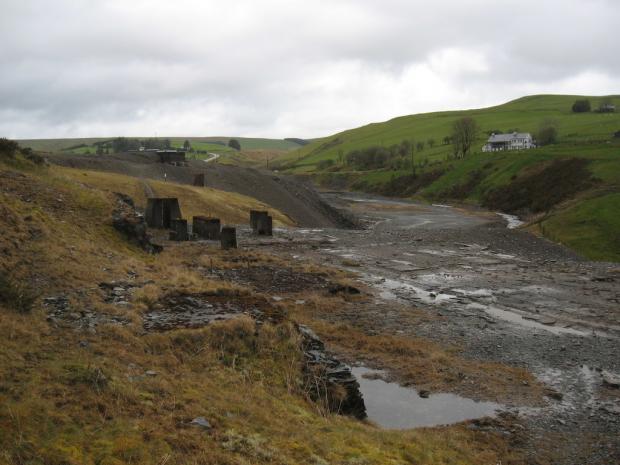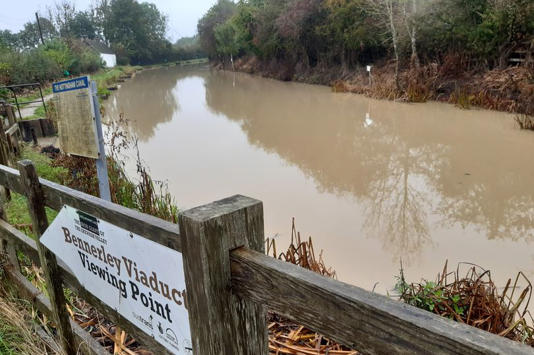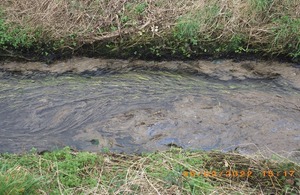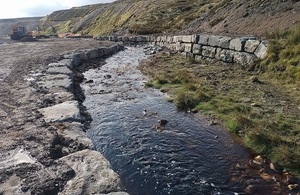The Environmental Consequences of Cobalt and Lithium Extraction on Water Quality
Introduction
As the world transitions toward a more sustainable and electrified future, the demand for batteries, which are essential for powering electric vehicles and various electronic devices, is skyrocketing.
Cobalt and lithium are two crucial components in these batteries, and their extraction is on the rise. However, the process of mining cobalt and lithium can have detrimental effects on water quality and aquatic ecosystems. In this article, we will explore the environmental impacts of cobalt and lithium extraction on water pollution.
1. Heavy Metal Contamination
1. Heavy Metal Contamination
Cobalt and lithium mining can lead to the release of heavy metals into nearby water sources. These heavy metals can include cobalt, lithium, and others present in the ore. The contamination of water bodies can pose a threat to aquatic life and potentially harm human health if the polluted water is consumed.
2. Chemical Runoff
Chemicals such as sulfuric acid are commonly used in the extraction process. If not properly contained, these chemicals can seep into water sources, leading to increased acidity and pollution. Acid mine drainage, resulting from chemical runoff, can severely affect water quality and harm aquatic ecosystems.
3. Erosion and Sedimentation
The process of mining often results in soil erosion and sedimentation in nearby rivers and streams. This can lead to the clogging of waterways, disrupting natural flow patterns and affecting the habitats of aquatic organisms.
4. Disruption of Aquatic Ecosystems
The alteration of water quality and physical habitat due to mining activities can significantly disrupt aquatic ecosystems. This disruption can result in a loss of biodiversity and threaten the survival of certain species, especially those that are sensitive to changes in water quality.
5. Groundwater Contamination
Improper waste disposal and mining practices can lead to the contamination of groundwater, which serves as a source of drinking water for many communities. Contaminated groundwater poses a significant health risk to both humans and wildlife.
Mitigation and Solutions
To address these water pollution concerns associated with cobalt and lithium extraction, it is imperative for mining companies to:
- Adhere to strict environmental regulations.
- Implement sustainable mining practices, including responsible waste management.
- Invest in technologies that reduce water pollution and the overall environmental footprint of the mining process.
- Promote transparency in the supply chain to ensure ethical and environmentally responsible sourcing.
Recycling and reusing materials from used batteries can also play a vital role in minimizing the need for new mining activities, thereby reducing the environmental impact associated with cobalt and lithium extraction.
Conclusion
While cobalt and lithium extraction are essential for the production of batteries that power our modern world, they can have significant environmental consequences, especially regarding water pollution. To ensure a more sustainable and responsible approach to mining these valuable resources, it is crucial for industry stakeholders, regulatory bodies, and consumers to be aware of the potential impacts and actively work towards mitigating them. Sustainable practices, technological innovations, and responsible sourcing can help minimize the negative effects of cobalt and lithium extraction on water quality and preserve our precious natural resources.













